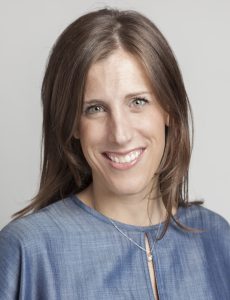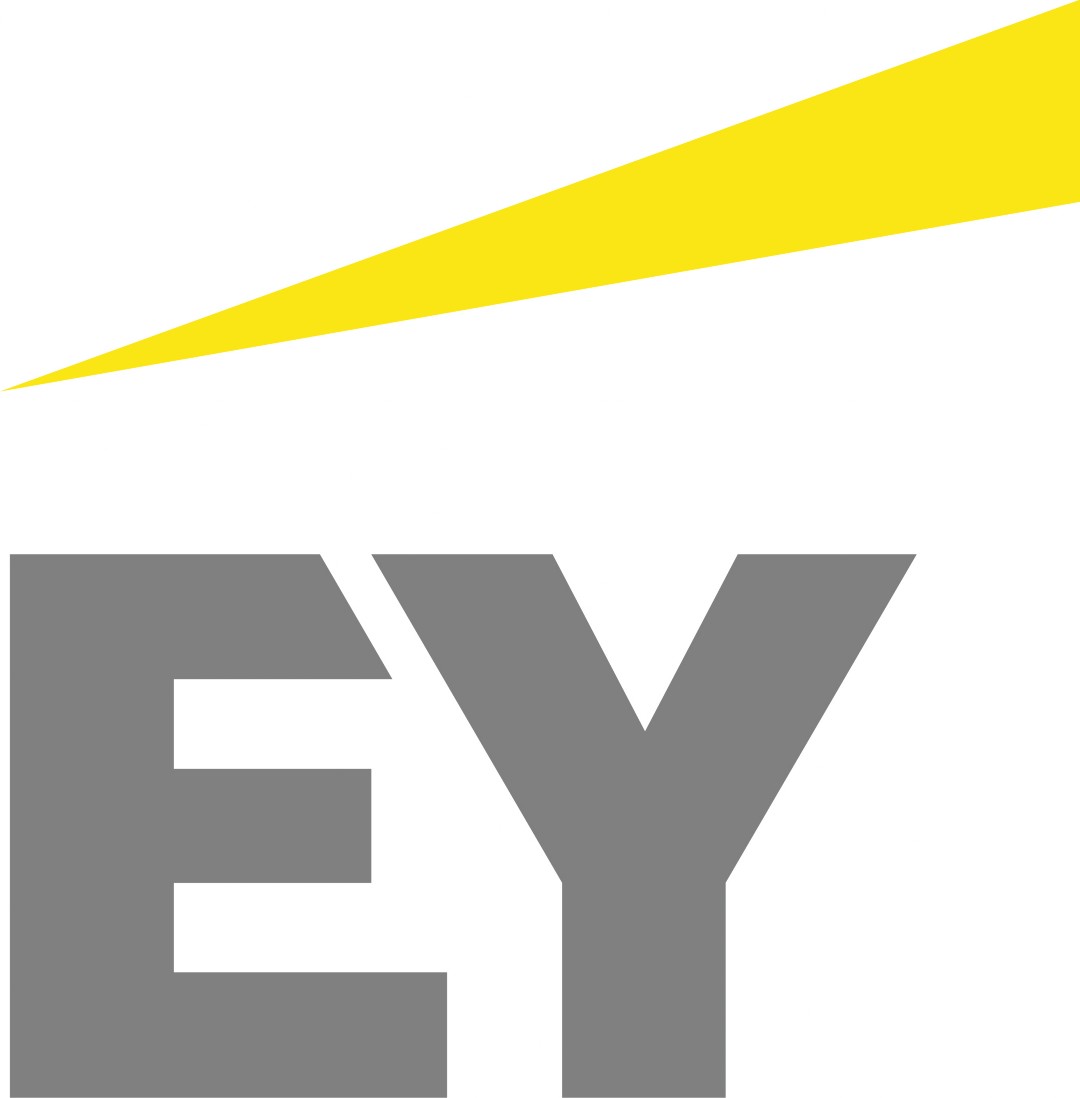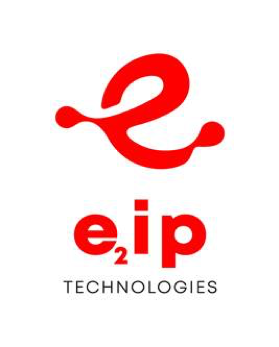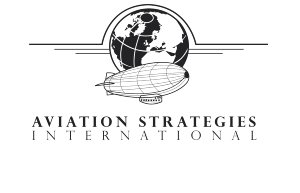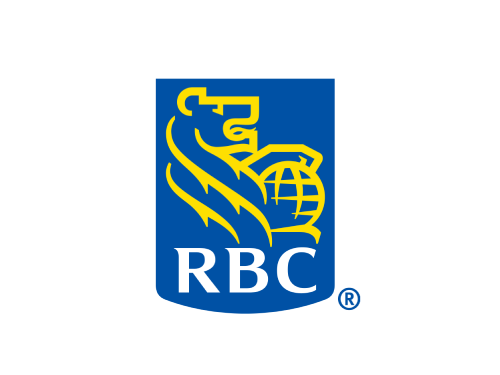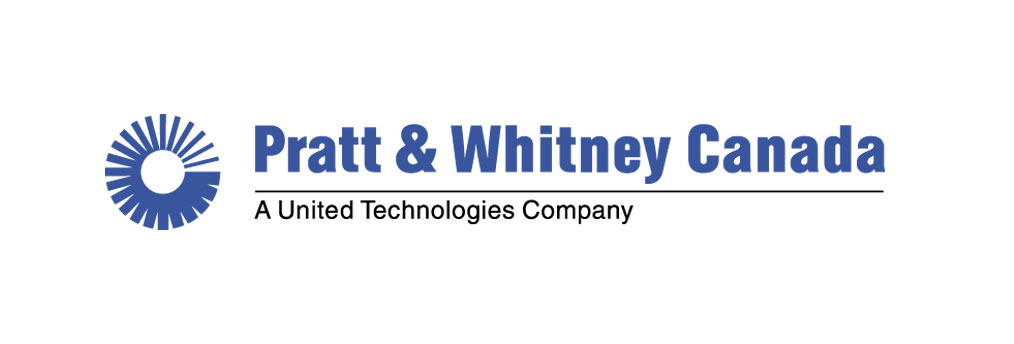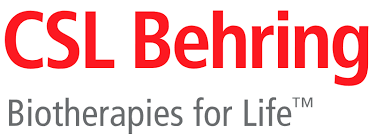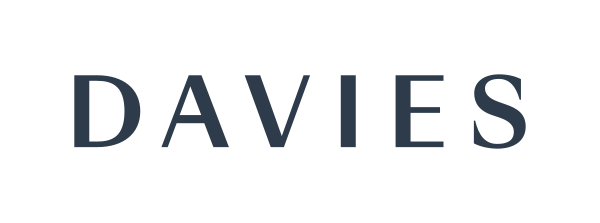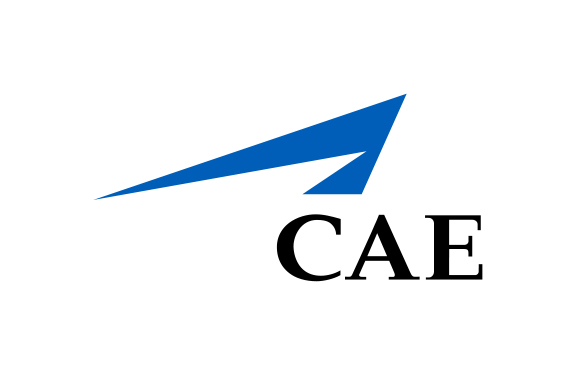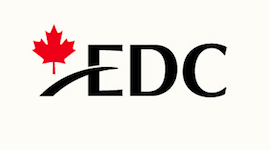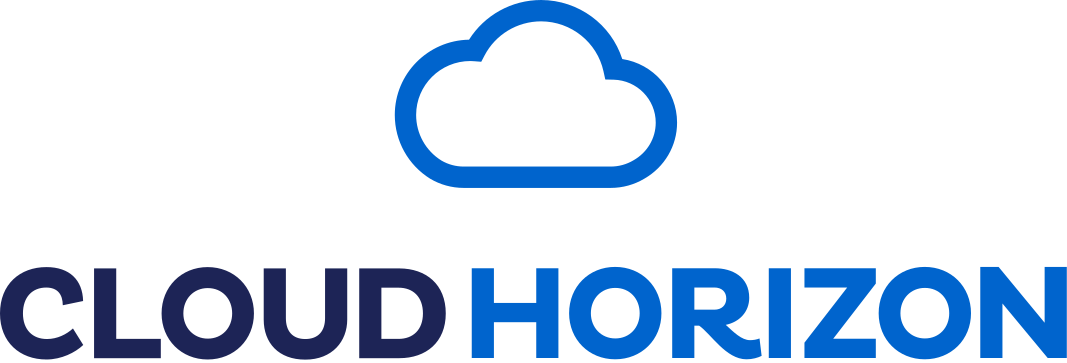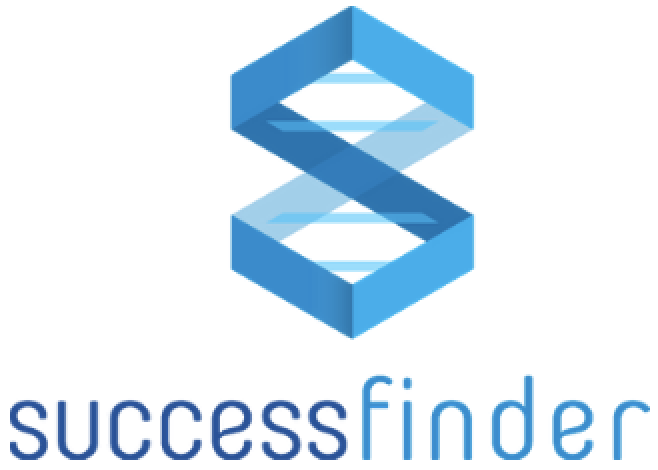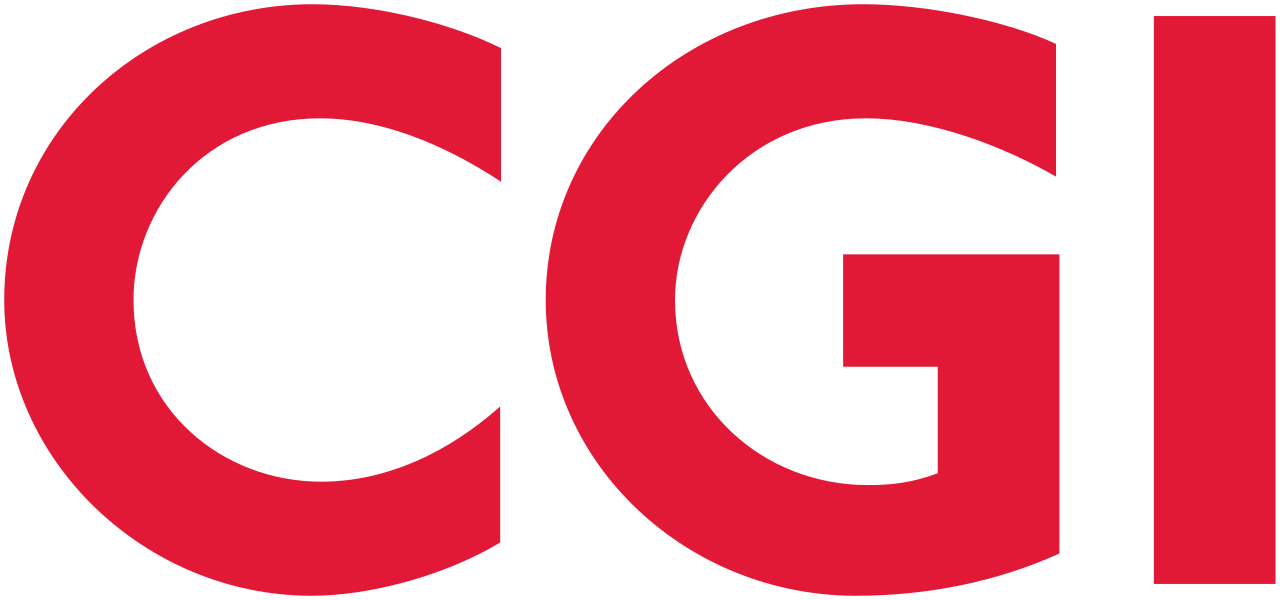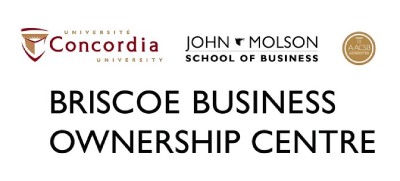Caroline Ménard
Caroline Ménard – President & Partner
Caroline Ménard is President and Partner of Brio, a management boutique dedicated to the reinvention of businesses and their leaders. For over 15 years, the firm has been guiding its clients through mergers & acquisitions, new technology implementations, and reorganizations, in order to successfully achieve major transformations in a constructive, concrete and confident manner.
Ms. Ménard is a recent recipient of the Demers Beaulne Award for Large Business Entrepreneur, given by the Réseau des femmes d’affaires du Québec.
What are the challenges you faced?
Our greatest challenge has been – and will always remain – finding the talent we need to properly serve our clients. There’s no shortage of experts in the fields of consulting, strategy and transformation, but it’s quite rare to find experts who can adopt the client-relationship posture and approach that we look for. We’ve developed and implemented a boutique-style approach where proximity and personal engagement supersede the traditional model, which basically consisted of having experts simply dispense their knowledge without regard for the client’s business reality. For us, it’s a question of attitude, posture and close collaboration.
How are you building your business today, preparing for tomorrow?
Brio believes in ongoing change, which is essential in the context of globalization and technological evolution. And we practice what we preach, because the evolution of our own business is something we are continuously working on. This manifests itself in several ways, most notably through the energy we invest in succession planning, to make sure our company is never vulnerable to staff departures or a lack of long-term vision.
How do you attract the best people and how do you retain them?
Our clients tell us that working with Brio is easy and pleasant, and we get the same comment from all our employees and collaborators. As a result, we have no turnover – zero. We go all out to make sure our employees can balance work and family life. Our work environment is friendly, rather than hierarchical, and we organize lots of social activities outside the office. Relationships develop, and while everyone works hard, they all find pride, satisfaction and even self-actualization in what they do. Brio is an unfettered company where everyone is free to evolve in a work environment they can call their own.
What made you take the leap into business ownership?
My journey is unique and atypical. I didn’t have time to ask myself if I’d like to manage my own company. Shortly after I arrived at Brio, our president, Sylvie Charbonneau, designated me as her successor when the time came for her to step aside, even if that was still several years down the road. She knew that a company’s succession planning has to be done well in advance. This proposition was perfectly aligned with my own ambition to one day head a company that I would enjoy moving forward, in keeping with my values. In addition, Brio was already a very attractive company, with a clear mission and a sincere engagement toward its clients, its employees, and society at large.
What were the biggest initial hurdles to building your business and how did you overcome them?
Initially, Brio was mostly known for its change management guidance. Clients looking for strategic advice would usually go elsewhere. When we decided to broaden the scope of our activities to include strategic and transformation consulting, we had to reposition ourselves and, above all, make this new positioning known to our existing and potential clients. That also meant quickly establishing our credibility in these new areas. The reason we succeeded was, in large part, due to our proximity with our clients. But in the beginning, we took nothing for granted.
Did you have major competitors when you started, how did you plan to compete with them, and how did that plan play out?
When I first came to Brio, our competition was divided in two main categories: on one hand, there was a multitude of smaller firms and freelance consultants; on the other, a few very large firms. Today, we’re one of the “big players”, and the only truly independent one. That being said, comparing ourselves to others is not our cup of tea. Our approach is very different, so for us, it’s very simple: there’s Brio, and then there’s everyone else.
What would you say was the single most influential factor in your business’ success?
Our team. No doubt about it. There’s a reason why we’re so demanding in our recruitment: we need talent, pure talent, from people who share our values and with whom our clients will enjoy working. This is essential for us, and for our reputation, in terms of the image that’s attributed to us.
What is the biggest mistake you’ve made as a business owner?
About 10 years ago, we all went through a very challenging period. There was an economic slowdown, and everyone suffered. At Brio, the thought of letting people go simply broke our hearts, especially since their competence was never in question. We didn’t want to part with any of our staff, and our instincts told us to keep everyone on board and deal with the financial risk – which made us more vulnerable. Looking back, I think we should have handled it differently. We should have talked it over with people and tried to come up with solutions together, like temporarily reducing everyone’s work hours, for example. I think it was a mistake to shoulder the entire responsibility on our own.
What has been your greatest moment of success?
That would be the recent establishment of The Transformation League, a partnership with foreign consulting firms that share our values and our boutique approach, and offer the same consultancy services in terms of strategy, transformation and leadership. We think it’s a great deal, because it gives us access to international markets, as well as a network of experts and best practices. It’s all coming together now.
How do you believe evolving technology will impact the way we do business over the next 10 years?
What’s coming for us in the next 10 years has already started. Technological innovation is constantly accelerating, forcing business and organizations to continually adapt and change. For example, digitization and big data are completely transforming business models in certain industries. Businesses will continue to require assistance in order to adapt to these changes and get mindsets to evolve. And by the way, let me say that consultants won’t be replaced by artificial intelligence, because the cultural, strategic and operational changes that companies and organizations must continually plan for and experience are not things that you can program with codes. Human beings are at the heart of our business, and that’s where they’ll stay.
What do you know today that you wish you would have known when you first got started as a business owner?
Oddly, it’s something that I already knew, but didn’t fully realize. We often tend to disregard our instincts, or those of the people around us, like colleagues or clients. We tend to set these instincts aside, as if what they told us was just too easy or too obvious to be right. Looking back, I now realize how important instincts can be, and I’ve learned not to brush them off too quickly – even when they crop up halfway through a mandate, when you’re still looking for answers. You have to give it time. Early on in my career, that made me nervous, but today, I know that instincts can be very useful.

